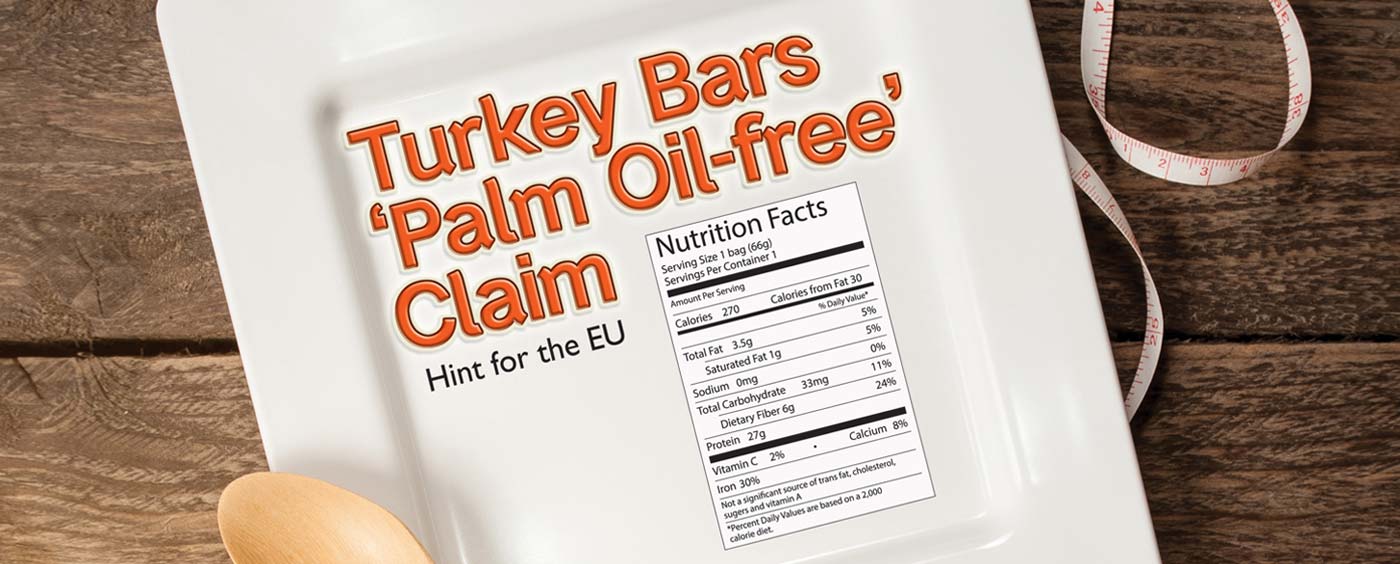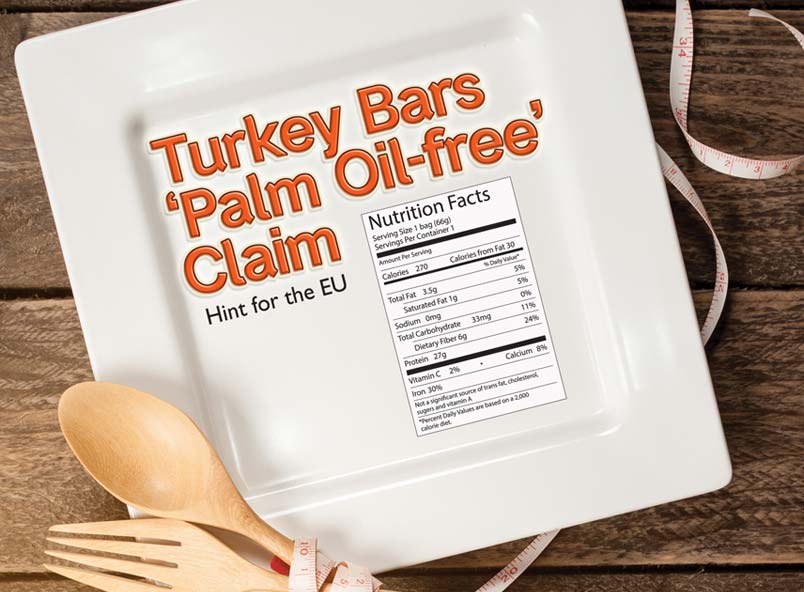



Nutrient profiles
The guidance note also goes a step further with respect to nutrient profiles – these aim at classifying or ranking foods according to their nutritional composition for reasons related to preventing diseases and promoting health. More specifically, nutrient profiles are nutritional requirements that foods must meet in order to bear nutrition and health claims.
Within the EU, rules on nutrition and health claims have been established by Regulation (EC) No. 1924/2006 on nutrition and health claims made on foods (NHCR). Under this regulation, nutrient profiles are generally intended to determine whether foods are, based on their nutrient composition, eligible to bear claims.
The establishment of nutrient profiles under the NHCR has proven to be difficult. Under the EC’s Regulatory Fitness and Performance programme, the concept of nutrient profiles is currently being re-evaluated and may even be abandoned.
Turkey seized the opportunity in the context of updating its Food Codex Regulation on Labelling and introduced nutrient profiles. Article 42(1)(c) states that the use of nutrition claims may only be permitted if the food/the product fulfils at least three of the following conditions:
Specific regulations may be adopted for foodstuffs that cannot meet these conditions. A list of permitted nutrition claims has been established in the Annex to the Turkish Food Codex on the Nutrition and Health Declaration.
Essentially, nutrient profiles aim at preventing nutrition claims from being made on foods that are high in fats, sugar and salt. Such products also often bear the ‘palm oil-free’ claim which, when made in a nutritional context, is arguably not an approved nutrition claim.
Producers often argue, though, that whatever fat (other than palm oil) is used is nutritionally advantageous. Products that bear the ‘palm oil-free’ claim are most often potato crisps, breakfast cereals and biscuits. Arguably, such products, which are often high in fats, sugar and salt, must not bear nutrition claims.
The existence of nutrient profiles in Turkish law permits a calculation of whether a food may actually carry a nutrition claim or not. Again, Turkey appears to have learned from the EU’s shortcomings and exercised much better judgement than the EU.
Section 15 of the Turkish Food Codex Regulation on Labelling provides food businesses with time to bring their products in line with the updated rules. Foods placed on the market or labelled by Dec 31, 2019 must comply with the Turkish Food Codex Regulation on Labelling, while foodstuffs labelled or marketed before Dec 31, 2019 may be marketed until the end of their shelf-life. On the basis of the Turkish guidance, products from EU member-states, which are labelled ‘palm oil-free’, may then no longer be placed on the Turkish market.
This is an important precedent in light of the ongoing campaigns against palm oil in important EU markets such as France, Belgium or Italy, where the number of products labelled ‘palm oil-free’ continues to increase.
Turkey appears to be well ahead of the curve on the proper interpretation and application of EU law. When will EU member-states wake up and stop private parties from denigrating palm oil through campaigns that are illegal, anti-competitive and deceptive?
FratiniVergano
European Lawyers
Pages : 1 2